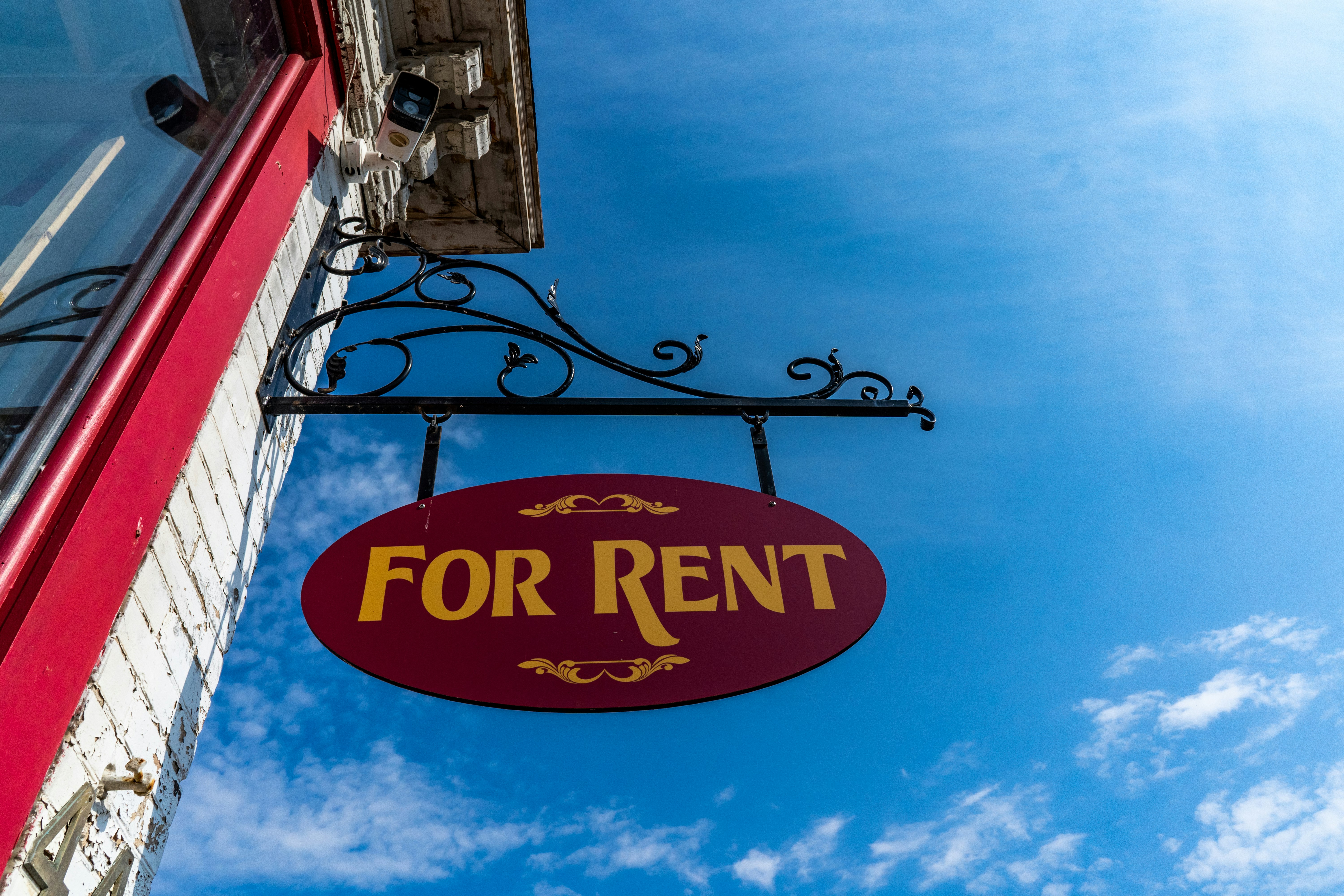- Assess the terms of your lease
Rent payment is determined largely by the lease agreement holds you made with the property owner. Therefore, you need to carefully check your commercial lease if there is a clause that allows suspension of rent in case of an emergency. Although there is no guarantee that the agreement will have such a clause, it does not hurt to look. Maybe it is there, and you forgot it. If the emergency rent suspension clause is not there, the assessment can help you uncover other details that can help you. It can help you identify the source of financial help.
- Seek advice from your lawyer on tenants’ rights
Before contacting your property manager, make inquiries on the rights of the tenants first. Your attorney can give you a better understanding of the lease and your rights as a tenant during such difficult moments. After this, strategize how you will negotiate with your landlord and ask for waivers if possible. If you do not have a lawyer, contact a tenant rights organization and find out if they can offer you legal advice for free regarding what you can do in case of failure to make rent payments. This will help you find out how to approach rent payment challenges legally.
- Consult your landlord
After all is said and done, you will have to talk to your landlord if emergency coverage does not exist to find out how to settle the rent. Let them know your company’s financial struggles during the pandemic and see if they can help in some way. Speak to them about your long-term intentions to use the space and work out a payment plan as you wait to get through the crisis. Informing your landlord of the challenges you are facing is the right way of letting them know that your business cannot pay rent at the right time. It also earns you their trust and allows you to start a dialogue on payment. If you are in good books with your landlord, they can forego some payments and open up for repayment discussions.
- Look for COVID-19 aid
If things are tough or not, you should take advantage of aid, if any is available to offset your rent and other payments. Some known aid include Small Business Administration (SBA) and the CARES, a financial program where companies can apply for full or partial loans to solve their problems. Look into the qualifications for such loans and how the loans may help you pay for necessities like rent or salaries for the employees. Apart from the government funding, most of which have expired, you can look for other alternatives to keep you going as things slowly come back to normal. With mass vaccination ongoing, you will soon return to full operations, which will allow you to make profits once again. This means you will be in a position to pay rent as you did earlier.
















